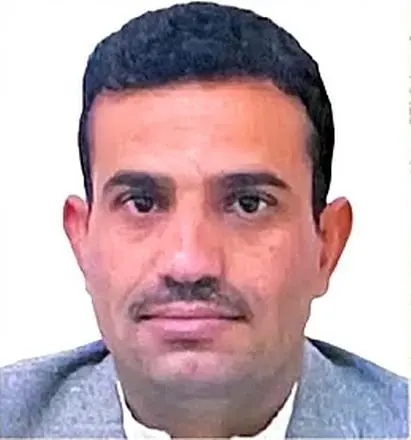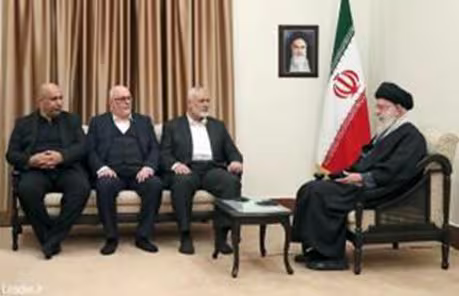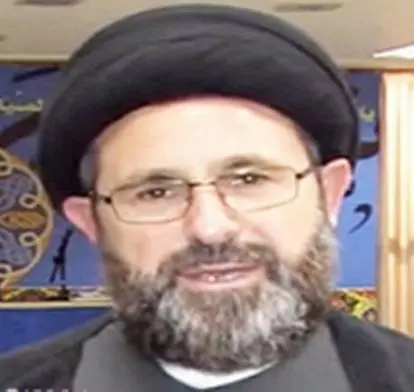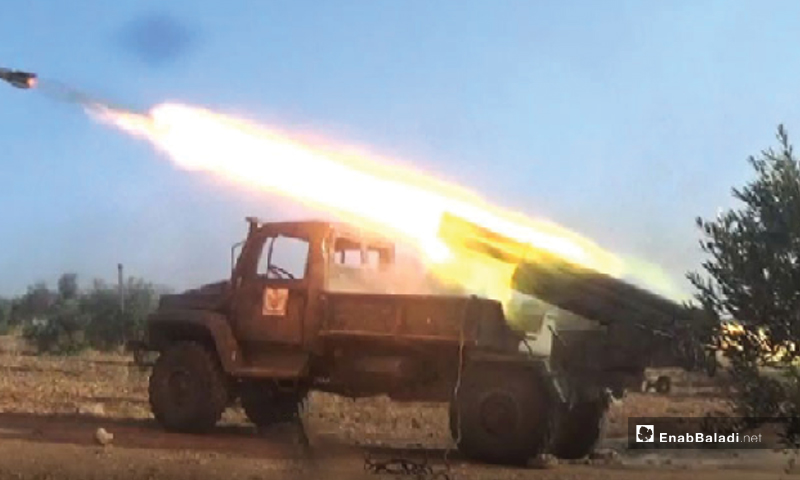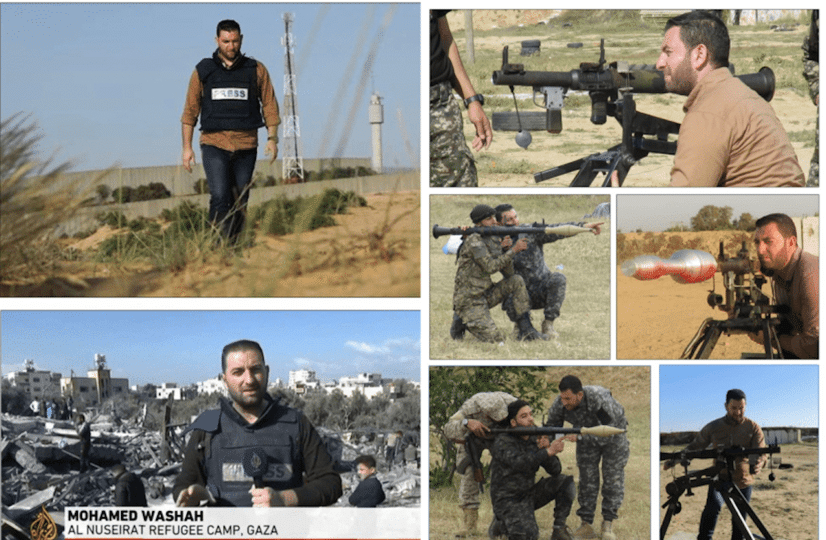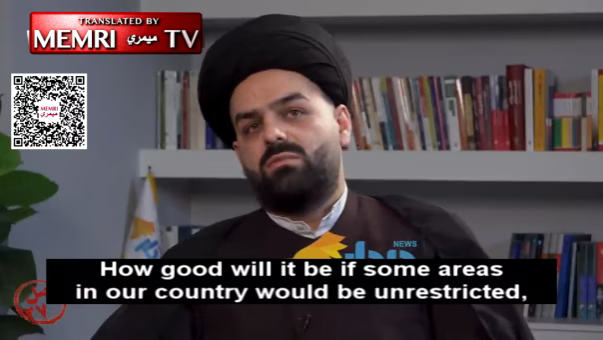Moscow attack: Has the Islamic State really made a comeback?
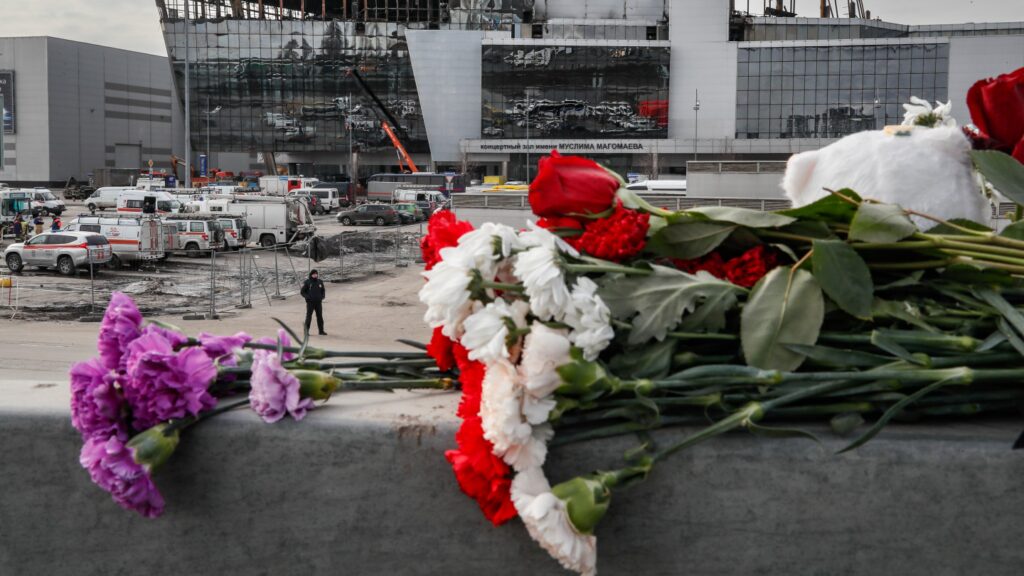
The Crocus City Hall attack in Moscow claimed by the Islamic State (IS) was the deadliest in Russia in two decades, leaving at least 143 dead and almost 200 injured. In its immediate aftermath, several analysts and commentators questioned if the Islamic State had made a bloody comeback.
At the peak of the group’s power, the Islamic State held large swathes of captured territory in Syria and Iraq equal in size to the United Kingdom under its control. It declared its self-styled caliphate in June 2014 and held territory until March 2019.

